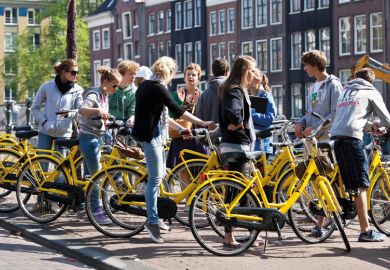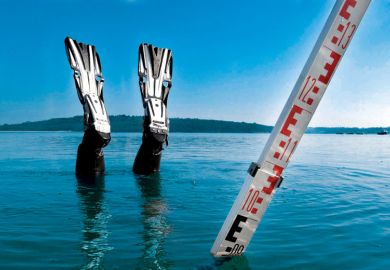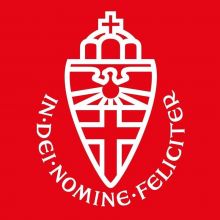Mark Rutte’s fourth government has promised Dutch academics that investment to address workload strain is coming, but while many agree that “normal” funding levels are needed, debates on how to get there have barely begun.
Almost nine months after the election, talks of record-breaking duration between centrist and centre-right parties, dominated by Mr Rutte’s People’s Party for Freedom and Democracy, concluded with a coalition agreement on 15 December.
Concrete spending promises include a one-off €5 billion (£4.2 billion) fund for “free and unbound” research and development over the next decade, €700 million a year for higher education and research, and €6.7 billion for an economic growth fund refocused on knowledge, innovation and R&D.
As well as these specifics, Universities of the Netherlands (UvN), which represents the country’s 14 research universities, welcomed the agreement’s broader references to building a “knowledge-based economy”.
“It gives a huge role for research, innovation and education in the societal challenges and transitions, and I think that’s really a big step up,” said Pieter Duisenberg, UvN president.
The agreement will also resurrect universal student grants from 2023, which were halted in 2015. Separate, income-dependent grants will continue to be offered, and €1 billion is set aside to pay for a debt discount or study vouchers for those who missed out on the universal grants.
“We are departing a little bit from the previous government’s stance on some of the issues, we see a softening of the more market-orientated policies we used to know when it came to higher education in the early 2000s,” said Ben Jongbloed, a researcher at the Centre for Higher Education Policy Studies at the University of Twente.
But despite these figures, much of the spending details remain uncertain. “This coalition agreement is more conceptual, less specific than what we were used to. So much is still to be worked out,” said Mr Duisenberg.
Like the agreement itself, these details will be decided through the distinctively Dutch “polder model” of consensus-based policymaking. University associations, unions and other interested parties are expecting an invitation from an as yet unnamed education minister to reach a quiet consensus from mid-January.
Talks will build on coalition promises of “a better balance” between universities’ guaranteed funding and that awarded competitively through research agency projects, with the goal to “create more room to tackle the pressure of work” for academics and offer more permanent contracts.
The last Rutte government said work pressure was an issue for universities and unions to thrash out between themselves, prompting those traditional antagonists to campaign jointly for an annual investment of €1.1 billion to help reduce workloads in April 2021. But despite this unity, there are splits on whether the coalition agreement hits the target.
Mr Duisenberg was positive, arguing that the €5 billion fund and €700 million earmarked for research comes to €1.2 billion annually. “I have to be cautious, because we still need to work out how it’s going to work, but this gives a true and firm perspective on a ‘normal academic level’,” he said, referring to the title of the UvN campaign on the issue.
“The problem is some of the bigger amounts of money are quite vaguely stated,” said Marijtje Jongsma, an executive board member of the AOb union and a professor at Radboud University, both part of the campaign. “It depends on [how you look at it] if actually you see opportunity or you become a bit sceptical,” she said.
Others outside the entente were also suspicious. “It seems very vague about what it’s actually going to be invested in; if they're saying ‘free and unbound research and development’, I don't see the word teaching in there”, said Dennis Jansen, a PhD student at Utrecht University and part of the 0.7 campaign group, which is named after the temporary, part-time contracts held by many teaching staff.
The Netherlands’ 36 universities of applied sciences have their own demands, such as €240 million per year for practice-oriented research to inform the vocational courses they offer, for example on greater use of robots and remote care by nurses.
“All these investments are quite urgent when you look at the situation in the Netherlands,” said Maurice Limmen, who heads the association for the 36, referring to national needs for lifelong learning and teacher training.
Professor Jongsma said that the education ministry is currently hiring staff to flesh out policies with interested parties.
“Obviously we have to take time poldering our way into a beautiful consensus, but let’s not take too long,” said Mr Limmen.
POSTSCRIPT:
Print headline: Recast Rutte coalition promises to invest in tackling HE workloads
Register to continue
Why register?
- Registration is free and only takes a moment
- Once registered, you can read 3 articles a month
- Sign up for our newsletter
Subscribe
Or subscribe for unlimited access to:
- Unlimited access to news, views, insights & reviews
- Digital editions
- Digital access to THE’s university and college rankings analysis
Already registered or a current subscriber?










